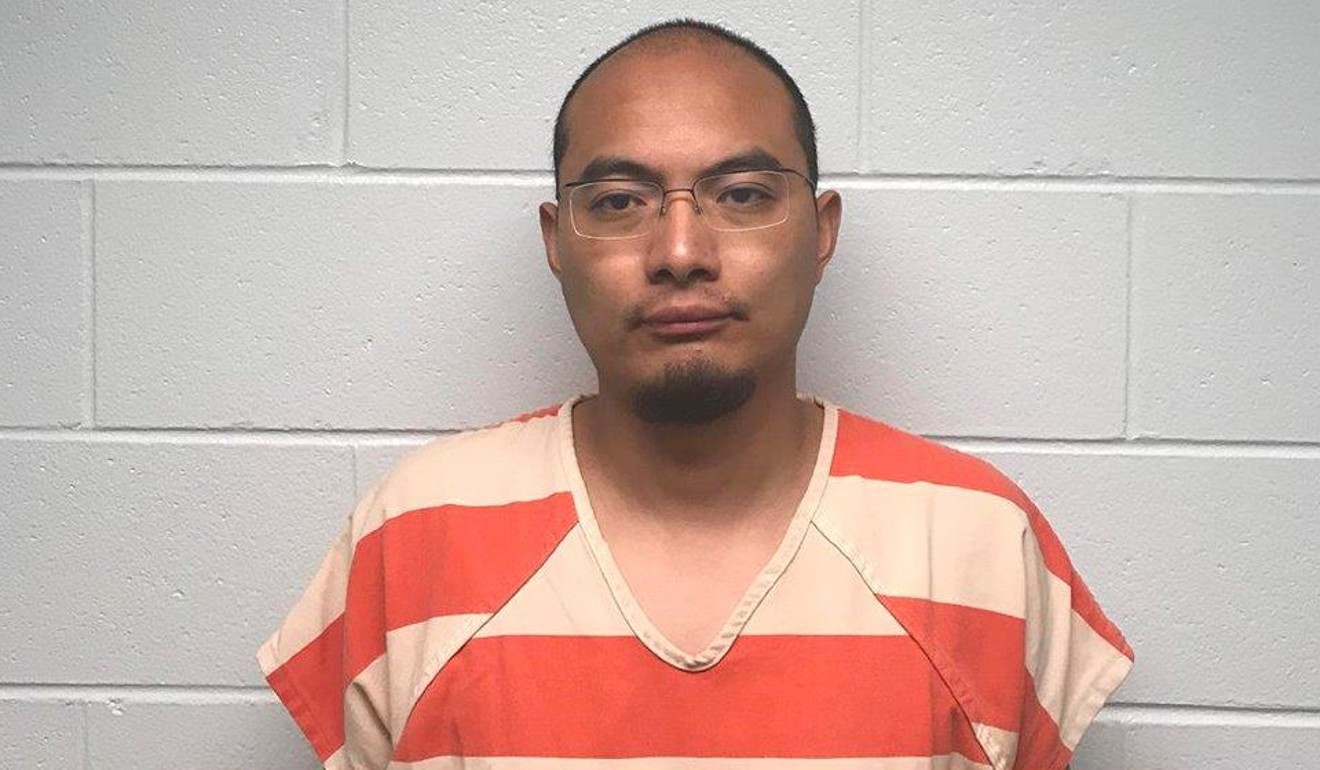
In the Huawei, Patrick Ho and Chinese spy cases, Trump sees only bargaining chips for his trade war
- Robert Delaney says the US president has no regard for Washington’s cases against Huawei and other Chinese individuals and organisations, and would rather use them as bargaining chips in his trade war, even if it undermines Washington
The Justice Department’s actions against Ho, Xu and Meng represent just some of the countless efforts to uphold principles that have guided Washington’s global-institution building for decades.
Many in Washington see the Justice Department’s orders and convictions as part of a sincere effort to rid the world of corruption, uphold fair business practices, and check the influence of authoritarian governments. But others will call the department’s collective actions a racist, imperialist crusade to arrest the decline of American influence.
This debate will rage on now that Meng’s predicament has the world’s attention. But it is important to be aware that it won’t just be Americans versus Chinese.
As a self-proclaimed expert in the “art of the deal”, Trump is fond of brass-tacks negotiations, and this proclivity requires bargaining chips. So we should expect Meng, Xu or Ho, or perhaps all three of them, to become pawns in the US-China stand-off over the trade imbalance and market access, regardless of how much the Justice Department wants convictions and is seeking to keep a distance from geopolitics.

Trump has already shown his willingness to trade away Washington’s principles in exchange for an expeditious deal.
Clearly, for the US president, the art of the deal trumps the enforcement of Washington’s sanctions.
Many senior lawmakers in Washington, including those within the ruling Republican Party, have shown their willingness to break with the president over his tendency to ignore Washington’s strategic, long-term principles in favour of negotiating-table victories.
Therefore, expect the trials of Meng and Xu, as well as the continued incarceration of Ho, to be beset by internecine warfare in Washington, and buffeted by the winds of US-China relations. And, as all this plays out, Trump might emerge as a closer ally of China’s President Xi Jinping than of members of his own party.
Robert Delaney is the Post's US bureau chief

